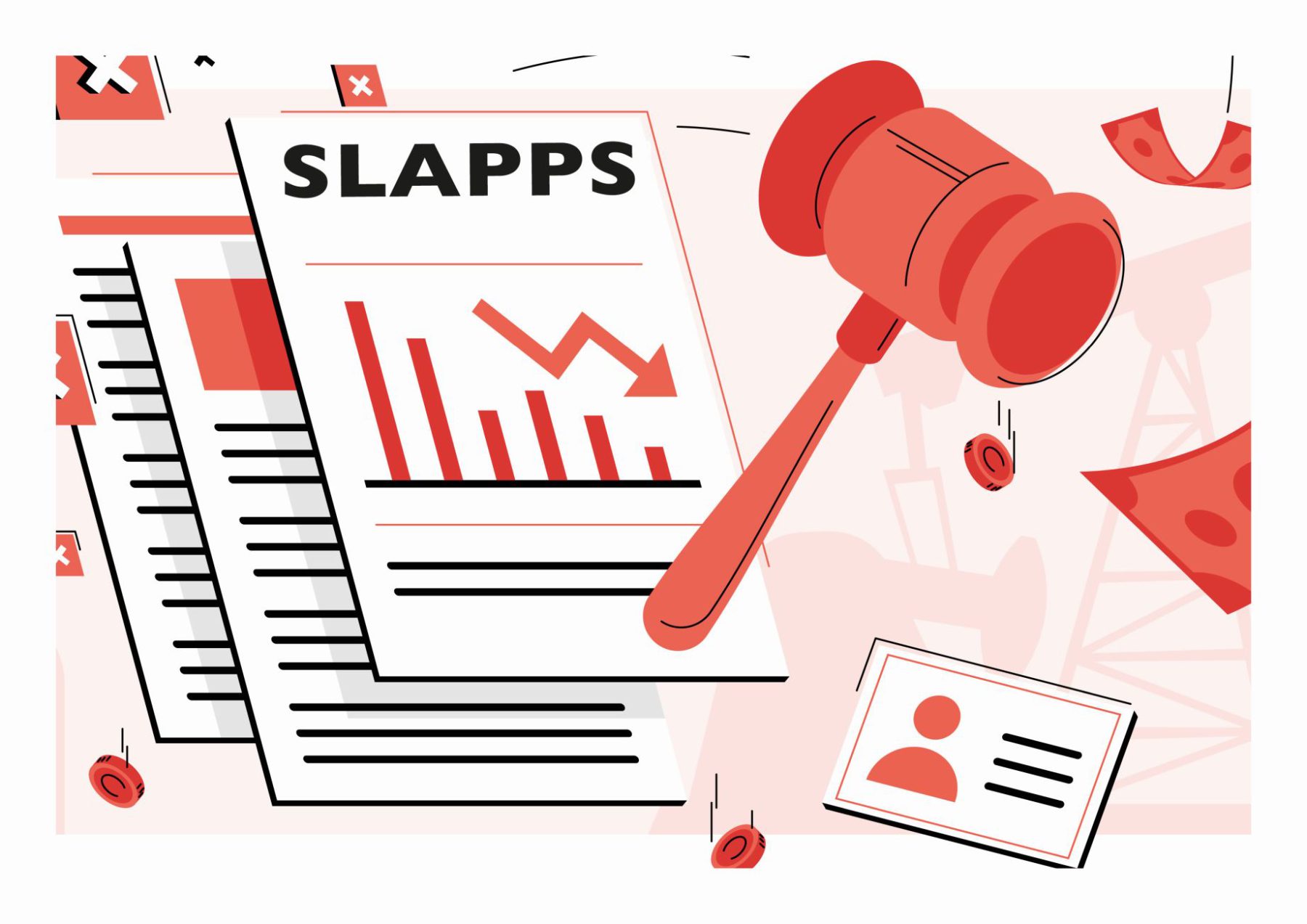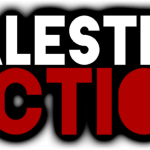From David Worsfold
The UK government has launched a task force to find ways of clamping down on SLAPPS – strategic lawsuits against public participation – the time-consuming and costly legal threats designed to stop legitimate journalistic investigation and critical reporting.
This follows a limited move by the government against SLAPPS using the Economic Crime and Corporate Transparency Bill, currently going through Parliament. This has been amended to provide judges with greater powers to dismiss lawsuits relating to economic crime that are designed to evade scrutiny and stifle freedom of speech.
The limitation to economic crime disappointed media freedom groups. The government says around 70% of SLAPPS are related to economic crime and corruption and will be caught by the new rules. That still leaves many important areas of investigative journalism exposed, especially where the issues are reputational – often involving sexual misconduct and environmental damage – and not economic. For instance, the initial exposure of Harvey Weinstein as a serial sexual predator was subject to a barrage of legal threats in an attempt to close down the investigation. That was a reputational issue, not an economic one.
There is also the implication that a case must get as far as the courts before any action to curtail a SLAPP can be taken. The damage is often done long before a case gets near a court: that is the purpose of most SLAPPS.
The users of SLAPPS frequently make claims that could never realistically be pursued but have the sole purpose of deterring investigation. They are taking advantage of the fact that investigative journalists often do not have access to the sort of very expensive legal advice needed to defend these claims, so they give up at the first hint of trouble. It is unclear how the government proposals will stop this happening, although there is mention of introducing limits on costs.
It is these concerns about the limited scope of the current proposals that has led to the Culture Secretary, Lucy Frazer, to convene the task force, which held its first meeting on 11 September.

Several leading media and legal organisations, including the Society of Editors, National Union of Journalists, Index on Censorship, Reporters Without Borders, News Media Association, Media Lawyers Association and the Law Society of England and Wales, were represented at the meeting to decide on the best measures to protect public interest journalism from claimants using SLAPPs.
This new task force will sit within the framework of the National Committee for the Safety of Journalists, launched by the UK government in July 2020 to ensure journalists are able to carry out their work without fear of physical threats, attacks and violence in the UK.
The group plans to meet every two months and is expected to commission research to investigate the extent of SLAPPS against journalists, draw up plans for specialist training for judges and lawyers to help them recognise and throw out SLAPPS, and develop guidance to support journalists and publishers.
SLAPPS have become a major challenge for the media. They are used to bully journalists and publishers and deter genuine investigative journalism. They are a worldwide phenomenon and are often accompanied by serious threats to the safety of journalists.
The scope and scale of SLAPPS varies enormously but usually feature a barrage of flimsy claims for defamation or breach of privacy from wealthy, powerful individuals seeking to prevent investigation of potential wrongdoing. They have been especially popular among Russian oligarchs but by no means limited to them.
Data from the Coalition Against SLAPPS in Europe found there were an estimated 14 SLAPP cases in England and Wales in 2021, up from two in both 2020 and 2019, and one in 2018, although this data takes limited account of the investigations that are closed down very early at the first hint of legal trouble, even when it is based on the flimsiest of grounds.
Writing on the Press Gazette website, the Culture Secretary said: “We are in the privileged position of being home to some of the best journalists in the world, and some of the fairest, most respected courts in the world. We are also one of the go-to destinations for dispute resolution.
“But these baseless lawsuits currently rig justice systems in favour of those with the deepest pockets. These individuals and businesses have the financial muscle to exhaust journalists and publishers in lengthy court proceedings. SLAPPs have led to journalists having to crowdfund their legal fees, and some have even been forced to sell their homes.
“It will explore the reasons behind the rise of SLAPPs and look to increase our understanding of the size and scale of the problem – something that to date has been difficult to track as most of the damage caused by SLAPPs takes place out of court. It will also explore measures that could help identify clear-cut cases and support reporters, lawyers, judges and regulators so they can be dealt with more effectively.”
Reporters Without Borders’ UK bureau director Fiona O’Brien said after the first meeting she welcomed this initiative: “SLAPPs can have a devastating impact on the journalists involved and their ability to report freely on matters of public interest, so we’re very pleased to see the establishment of a task force that recognises them as a serious and pressing threat.
“This is a welcome step towards ensuring UK journalists are better protected from such abusive and damaging lawsuits.”








